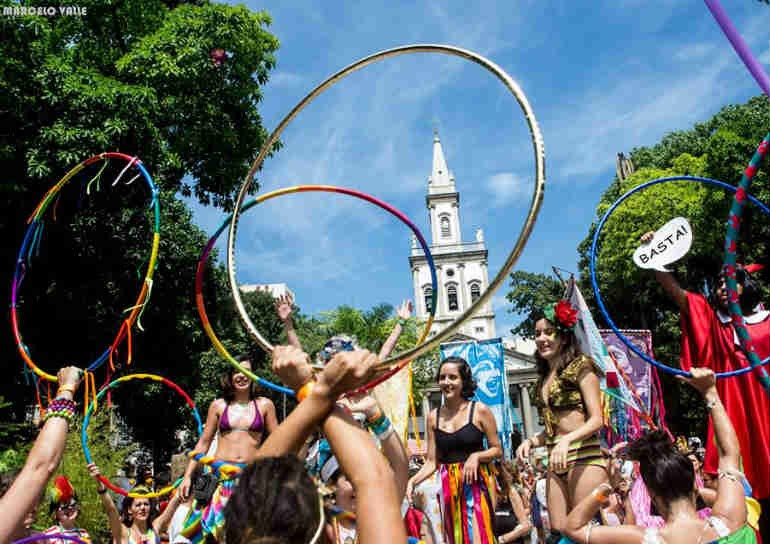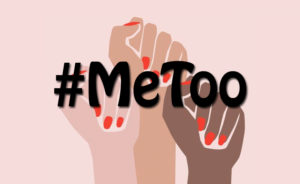Adetayo Talabi, Lagos, Nigeria, SSH Blog Correspondent
“I was walking from my Ikeja Local Government office after my weekly community development service as a Youth Corp member when a young man between the age of 30-35 years walked close to me [and began talking]. I thought with his responsible look, I should hear him out, but then he asked if I was married and talked about how sexually appealing I look, [said] very irritating sexual words about my body shape, body features etc. I felt so embarrassed and angry. I had to increase my walking pace, but he kept walking faster and the disgusting words made me run…” (Itote)
“Someone grabbed my boobs. Another time, a man touched my face. Another time a man boldly told me that he wanted to give me oral sex on the street.” (Lu)
“It happened in school (University of Benin, Benin City, Edo State)… I had a rosette on my hair as I walked past the area where the young men were. One of them said I was trying to show to the world that I’ve been de-flowered, because of the rosette I had on my hair. I ignored them and kept walking.” (Oluwatobiloba)
“A male colleague once told me that if he took me into a room and touched me sexually, all my hidden features would come out.” (A. Oluwaseun)
“I was once walking home and some boys were saying, ‘Baby how are you?’ I ignored them and they called me a prostitute.” (Opeyemi)
These stories reflect the routine experience of women — not from India or the United States — but from Nigeria. They shared their experiences in an online survey I conducted about the prevalence of street harassment. I undertook this research because, in preparing to write on the topic, I discovered there was no existing study for my country. After I created the online survey, I shared it via Whatsapp groups; Facebook and Twitter while also encouraging close friends to take it and share it with their contacts.
What my survey showed is that street harassment is not peculiar to any country; in fact, it is part of Nigerian women’s everyday live. From the seemingly innocent “hello” to vulgar, obscene suggestions, and in some cases outright threats of (sexual) assault, it is no easy task being a woman in Nigeria, especially in the major cities like Lagos, Abuja, and Port-Harcourt.
Out of 105 women who responded to my online survey, I found that about 92 of the women (88 percent) had experienced street harassment. Among them, 52 had been physically touched (50 percent) and 89 had been verbally harassed (85 percent). When I asked some men I found indulging in such despicable acts, they were quick to assert that their goal is simply to acknowledge and complement the qualities of the woman. On the other hand, some said that most women “ask” for the harassment by the way they dress. In response, I did not hesitate show them the Twitter post by Fauziyah.

There is no need denying the fact that street harassment dehumanizes women, by reducing them to sexual parts and functions, and it is an invasion of privacy which reminds the victims of their gender and vulnerability. It is also a dangerous public issue.
In Lagos, the commercial capital of Nigeria, street harassment thrives. The city was recently named by Thomson Reuters as the eighth most dangerous megacity for women in the world. It was clear from the survey that the markets are particularly bad. One of my survey respondents, Oluwaseun, said she tries to mentally prepare for her visits because, according to her, “Every time I go to Yaba market, harassment is certain.”
Unlike in Nigeria, street harassment incidents are presently, openly and publicly being tackled in various countries in North and South America, Asia and Europe. I believe the fact that this issue is at the forefront of public discourse in these countries will mean that societal behaviour and attitudes on this issue will be changed in a fundamental way.
The same needs to occur in Nigeria. Nigerian women should have the inalienable, basic right not to be eve-teased, cat-called, groped or fondled against their will or be subjected to inappropriate comments based on their gender, be it on the street or in the workplace.
Given that women are overwhelmingly the victims of this assault, Nigerian women must be at the forefront of the push for change. Nigerian women should not isolate themselves from the trending global #MeToo movement but must take advantage of this and other anti-harassment initiative to make our country safe for everyone, irrespective of his or her gender.
But women should not have to work alone to stop street harassment. Nigerians, irrespective of their gender, as global citizens, need to individually take steps towards creating awareness about why street harassment is harmful and not allow it to continue to fester in the “public” shadows. Indeed, I agree with Olamide Abudu that it is ultimately up to all of us to come together to change the culture of pervasive harassment in Nigeria. As a nation, we need to do more than just sit and fold our arms in akimbo wishing the menace away; we need to work hard to get the discussion about street harassment started.
I believe this medium is just a starting point, but it should not end here. It begins with you, reading this piece.
Adetayo is a Judicial Assistant/Law Clerk to Justices of the Lagos Division of the Court of Appeals. He volunteers with several Non-Government Organizations (NGOs) that focus on legal aid, domestic/gender-based violence, gender equality and human rights. You can reach him by mail here or follow him on twitter at @TalabiJ_



 #MeToo has been a boon to those seeking justice for the victims of sexual harassment and assault. However,
#MeToo has been a boon to those seeking justice for the victims of sexual harassment and assault. However,